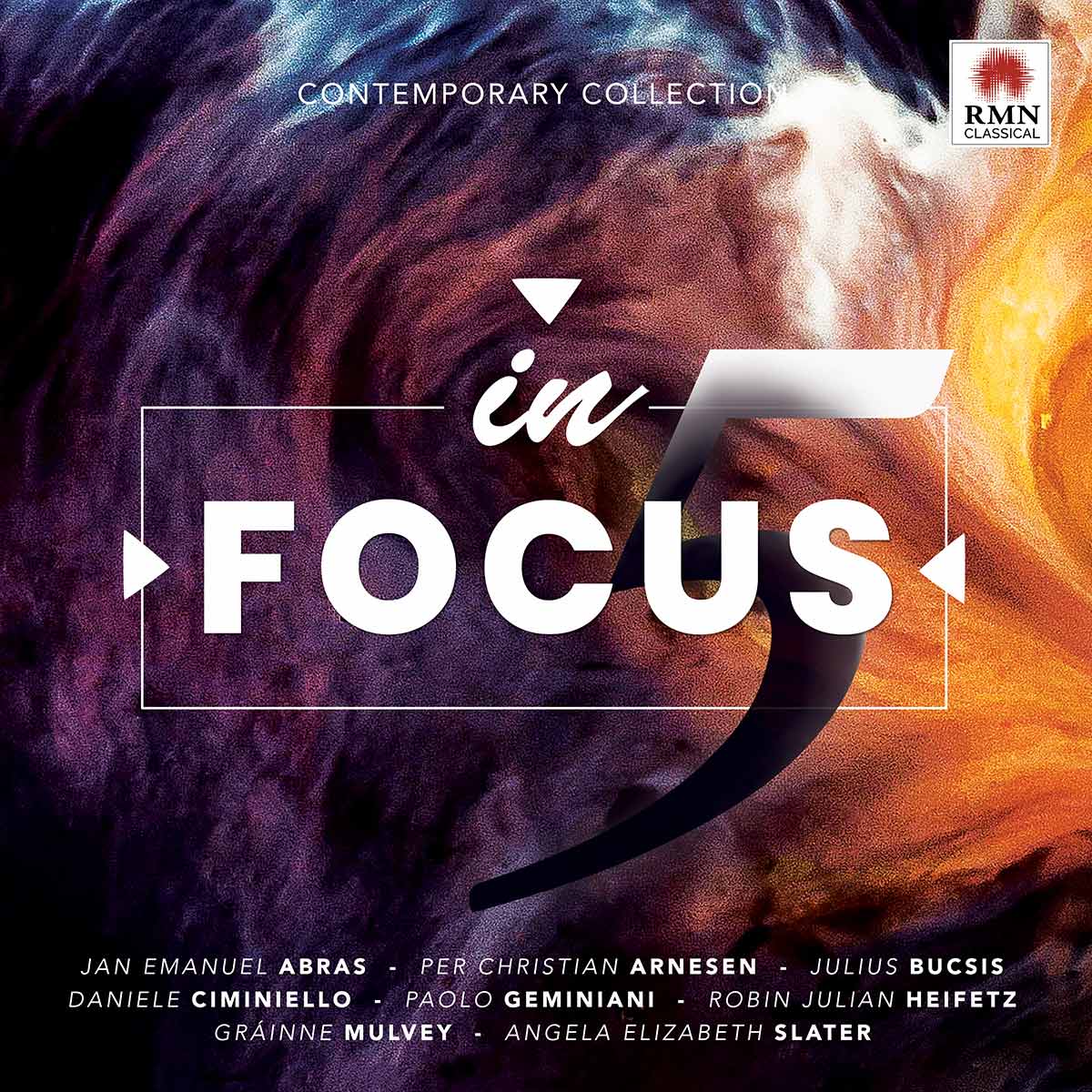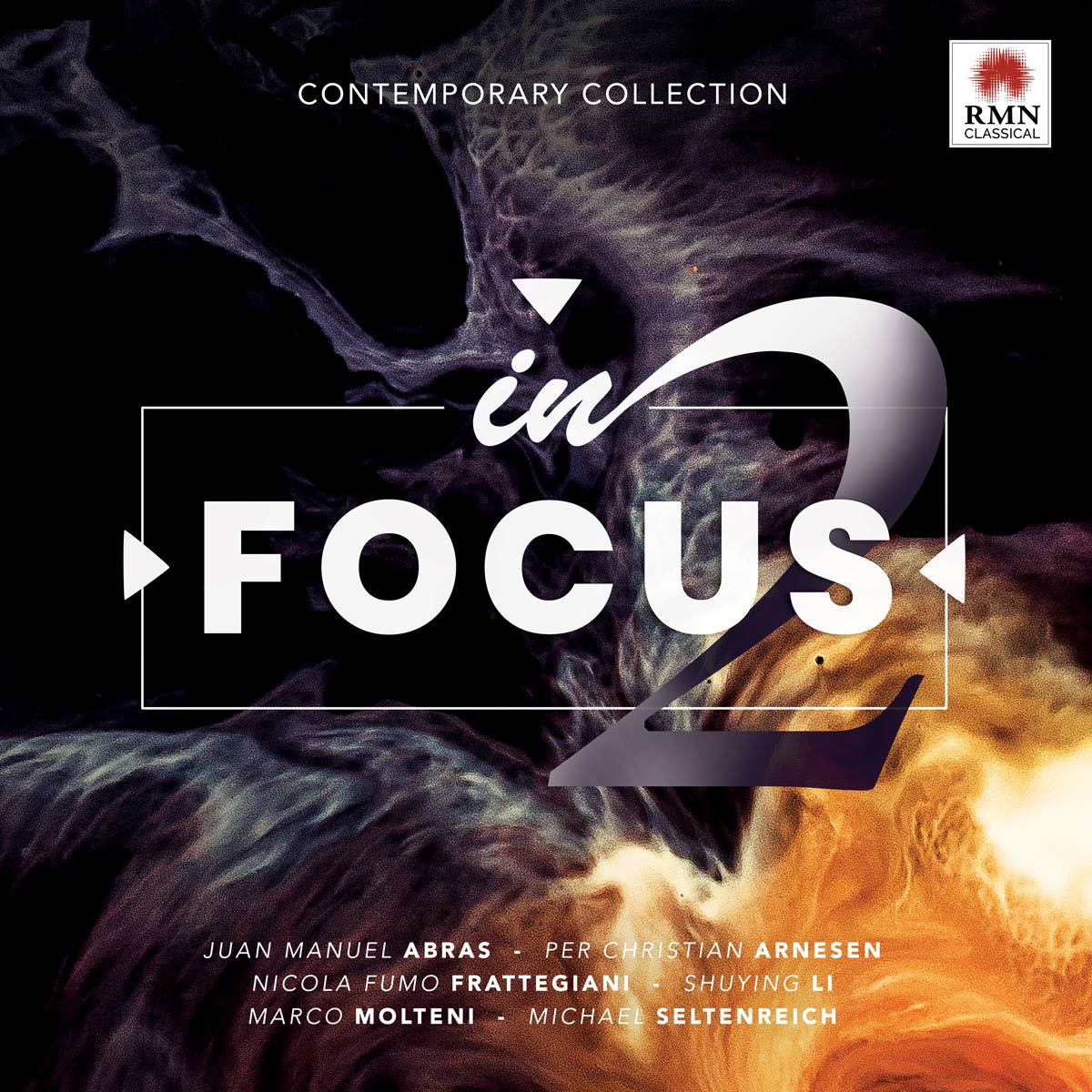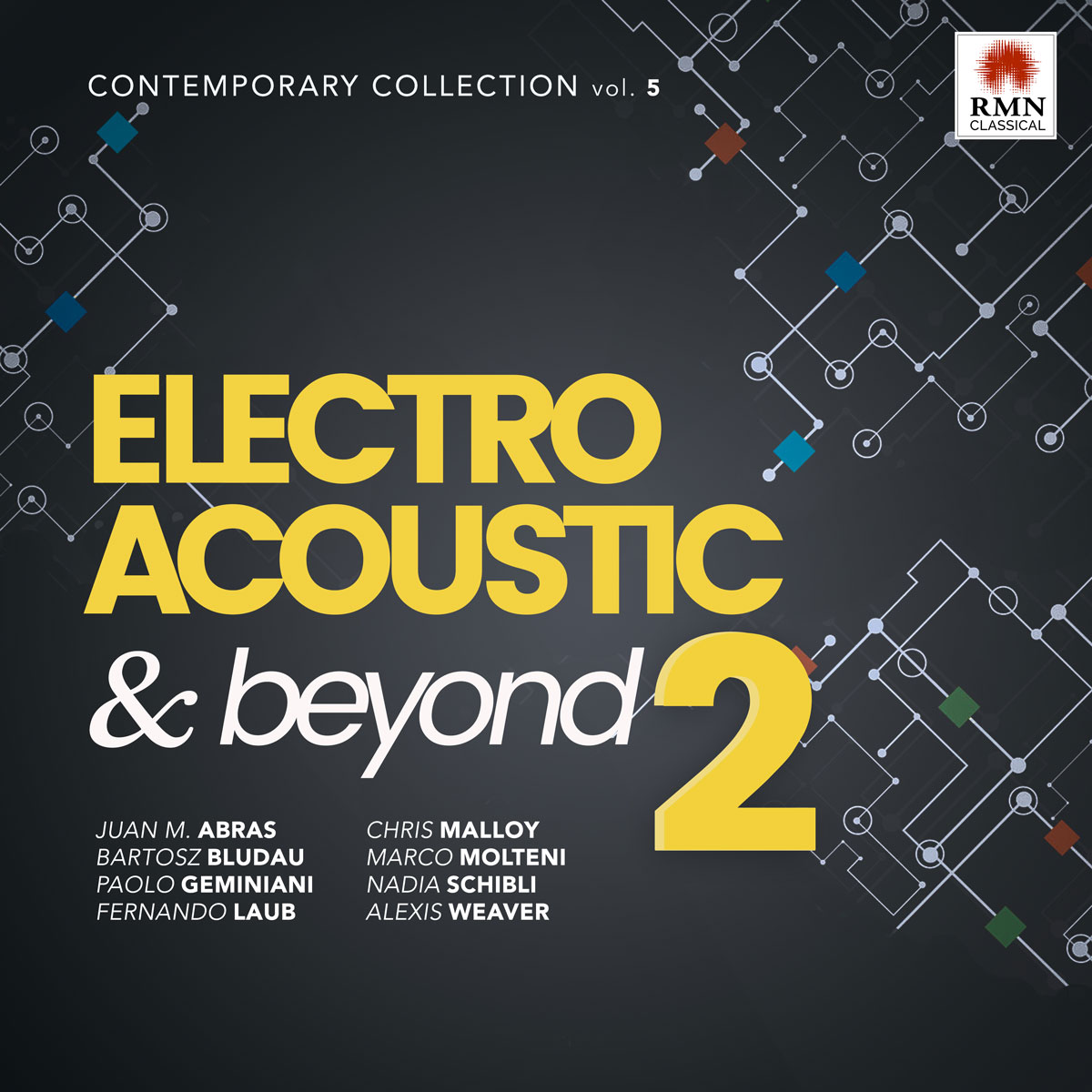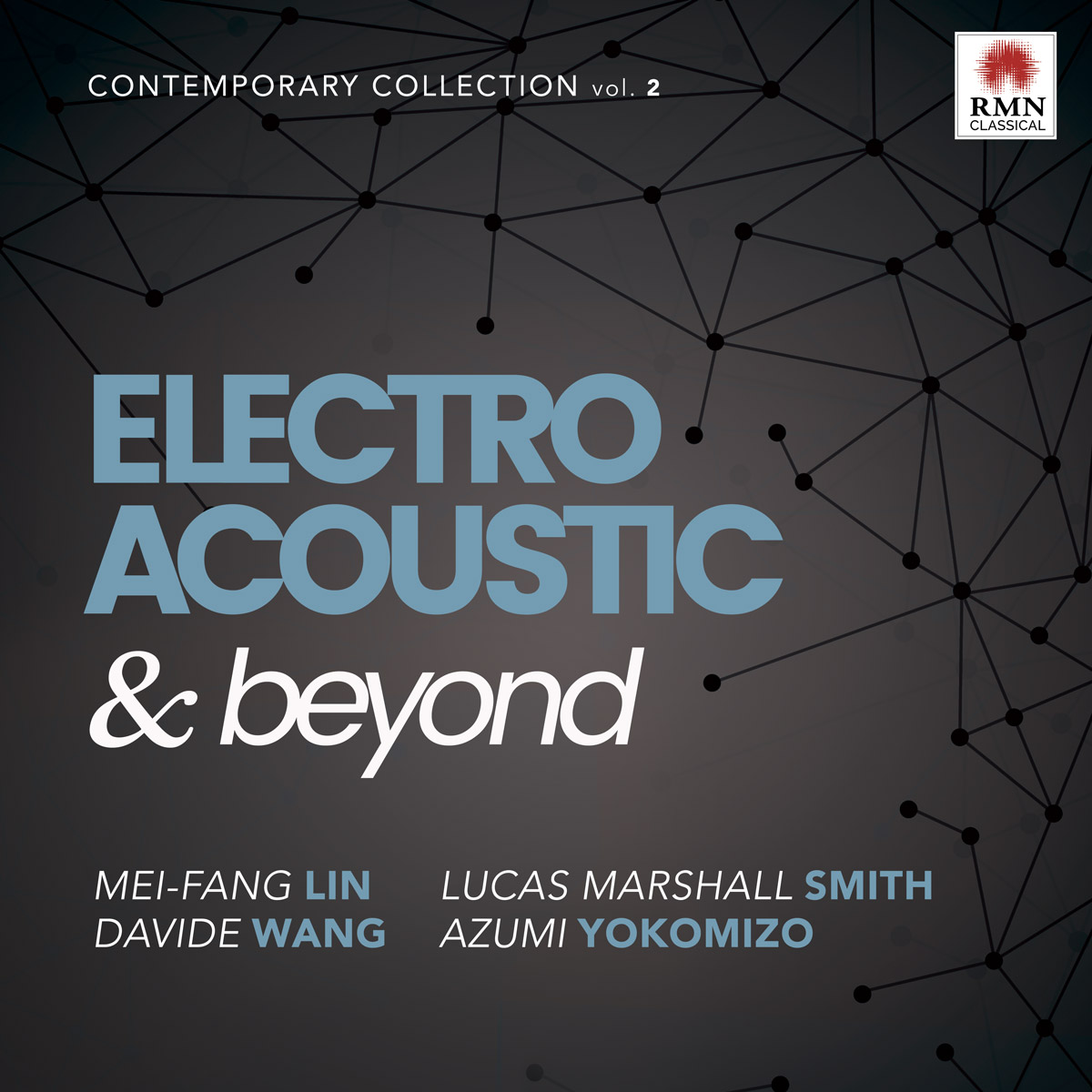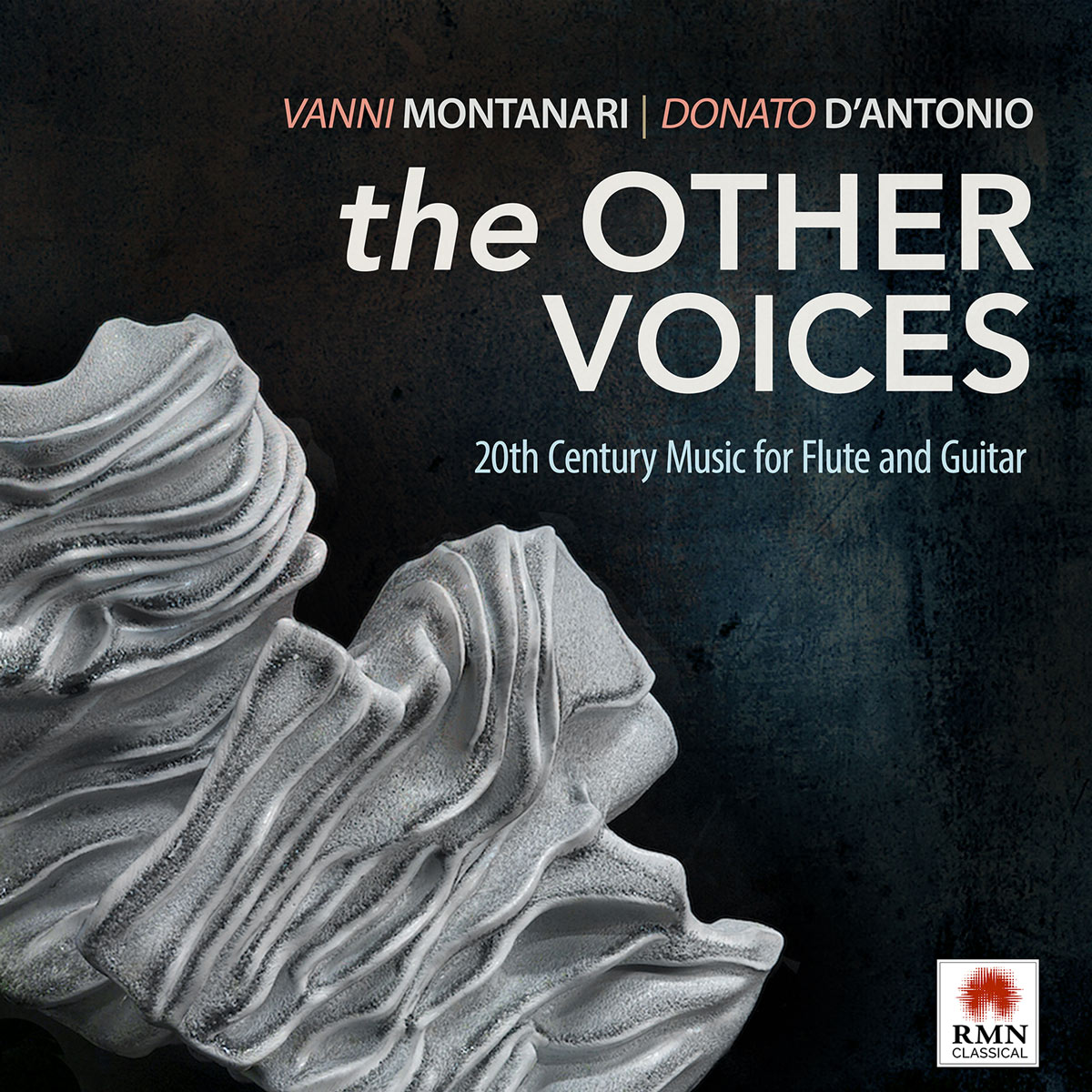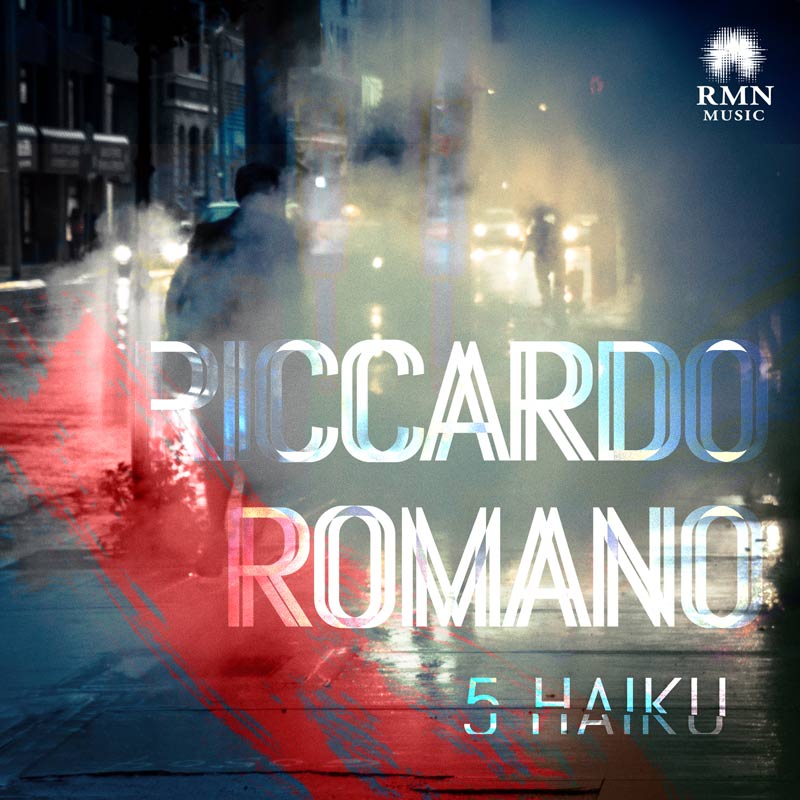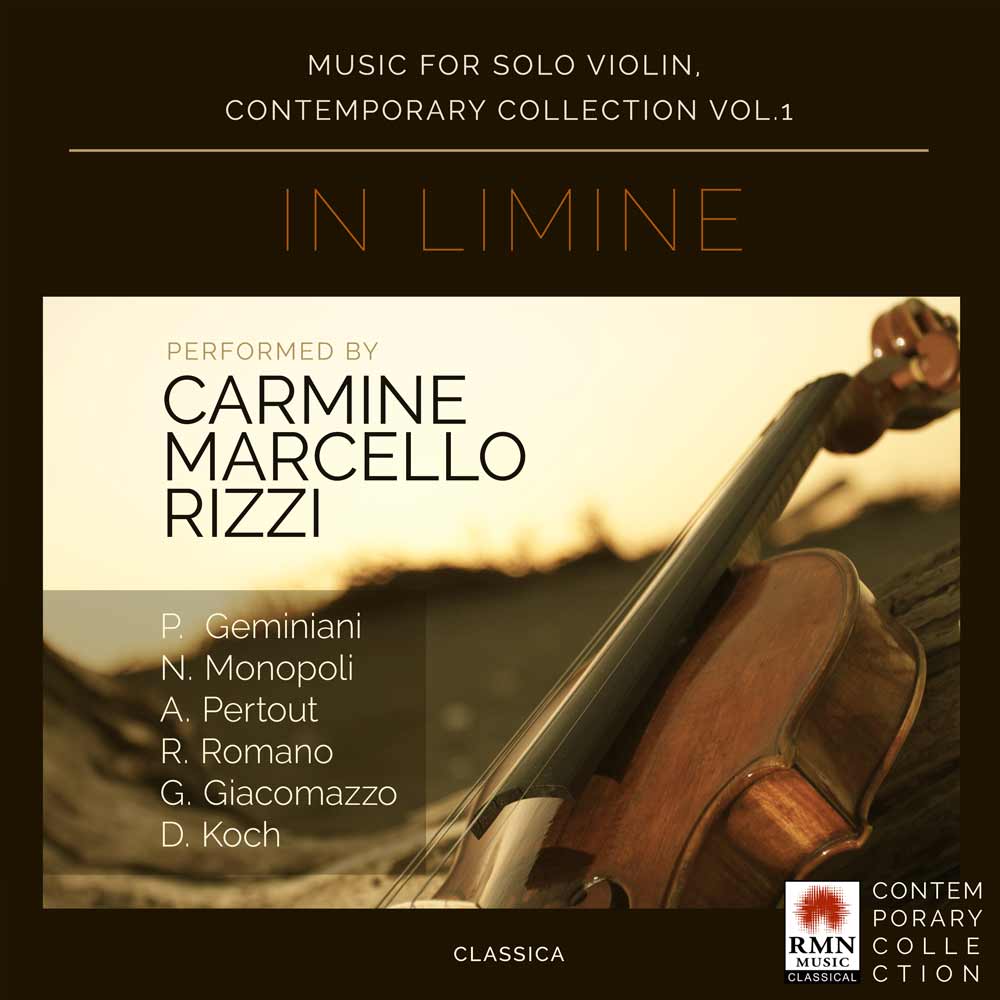Jan Emanuel Abras
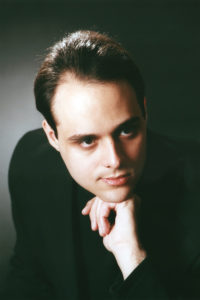
Jan Emanuel Abras (born 1975 in Stockholm, Sweden) is an award-winning classical music composer, conductor, musicologist and historian who studied in Vienna, Germany, Italy, etc. (Theodor Körner Prize, TRINAC-ISCM-UNESCO, 2nd Vienna Film Music Prize, etc.). He was a student of Penderecki and Schwertsik, and also studied with Stockhausen, Lachenmann, etc. He completed undergraduate and postgraduate studies (mdw – University of Music and Performing Arts Vienna, Benedetto Marcello Conservatory in Venice, etc.), and is Doctor (PhD) in Musicology (UCM and UVa), Doctor (PhD) in Music (UCA), etc.
His works have been performed in 20 countries, presented at international festivals (Warsaw Autumn, Gaudeamus Music Week, MANCA Festival, etc.) and played in many concert halls (Mozarteum Foundation Salzburg, Bimhuis-Muziekgebouw aan ’t IJ, Teatro Colón, etc.). Many of these works have been commissioned, recorded on 12 CDs and performed by ensembles, orchestras, etc. (Ensemble Aleph, Paris; Tonkünstler Ensemble, Vienna; Kwartludium Ensemble, Warsaw). He has been a university professor (UNLa, CSMCBA), researcher (UCA), composer-in-residence, conductor, etc. and is a member of the Austrian Composers’ Society (ÖKB). His works are available from Universal Edition, Vienna.
Abras’ music is cosmopolitan and multifaceted, in search of a balance between reason and emotion, a dialogue between past and future. Influenced by Abras’ teachers (Penderecki, Schwertsik, Stockhausen, etc.) his music uses concepts such as anamnesis, union of opposites, numinosity, ekphrasis and intertextuality. The inner unity in its deep structure manifests itself through varied surface structures and uses new technologies, elements of world cultures, references to biology, etc. Abras’ music has a “breathless intensity” (Genuin classics, Germany), is “simultaneously visceral and metaphysical” (Alejandro Drago, USA), and can contain “references to literature, religion, archeology, etc.” (Makis Solomos, France). Abras’ music can also create a “dancing whirlwind, somewhat trance-like, full of sunny joy and pleasure” (Beata Bolesławska, Poland) and take the listener to a “rhythmically pulsating fantasy world, similar to a haunted castle” (Wilhelm Kvist, Finland).

